
Documentary taking a look at the making of the controversial 1978 film I Spit on Your Grave.
You May Also Like

Mauricio, a lifeguard on a Chilean beach, considers himself to be a model of efficiency and professionalism. His colleagues, however, think otherwise, and speculate on why he never goes into the water. Maite Alberdi’s visually gorgeous feature documentary debut has the intensity of a short story; beginning as a quirky character study of lifeguards and beachgoers, it becomes something altogether darker and more shocking when events take a dramatic turn.

The modern limits of humor in an increasingly outraged society are examined.
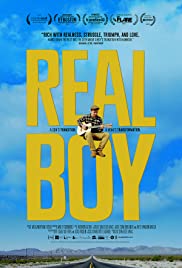
REAL BOY is the coming-of-age story of Bennett Wallace, a transgender teenager on a journey to find his voice-as a musician, a friend, a son, and a man. As he navigates the ups and downs of young adulthood, Bennett works to gain the love and support of his mother, who has deep misgivings about her child’s transition. Along the way, he forges a powerful friendship with his idol, Joe Stevens, a celebrated transgender musician with his own demons to fight.
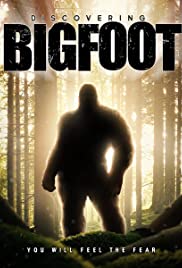
Reality Entertainment and The Sylvanic Cooperation presents “Discovering Bigfoot.” Discovering Bigfoot is the first feature film documentary with real live interaction between a Bigfoot creature, wilderness experts, PhD’s and other world renowned experts and researchers of the Bigfoot enigma.

Once known as a Polish Catholic town, Hamtramck, MI is now home to America’s first Muslim-majority city. As election season approaches, candidates set out to win hearts, minds and votes in this rapidly changing city. Going behind the scenes of small-town politics, HAMTRAMCK, USA explores the beauty and challenges that come with multiculturalism.
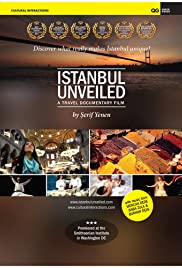
In this documentary Istanbul is unveiled and the real Istanbul is shown by way of the back door, the philosophy behind the culture is revealed.

A documentary chronicling the Beatles’ rehearsal sessions in January 1969 for their proposed “back to basics” album, “Get Back,” later re-envisioned and released as “Let It Be.”

A new breed of crime-fighter now stalks the urban landscape: the anti-graffiti vigilante. These dedicated blight warriors stop at nothing to rid their neighborhoods and cities of street art, stickers, tags, and posters. Yet several of these vigilantes have become the very menace they set out to eliminate. In their relentless attempt to stamp out graffiti, they’ve turned to illegally and destructively painting other people’s property. VIGILANTE VIGILANTE is the story of two filmmakers who set out to expose these mysterious characters and discover a battle of expression that stretches from the streets to academia.
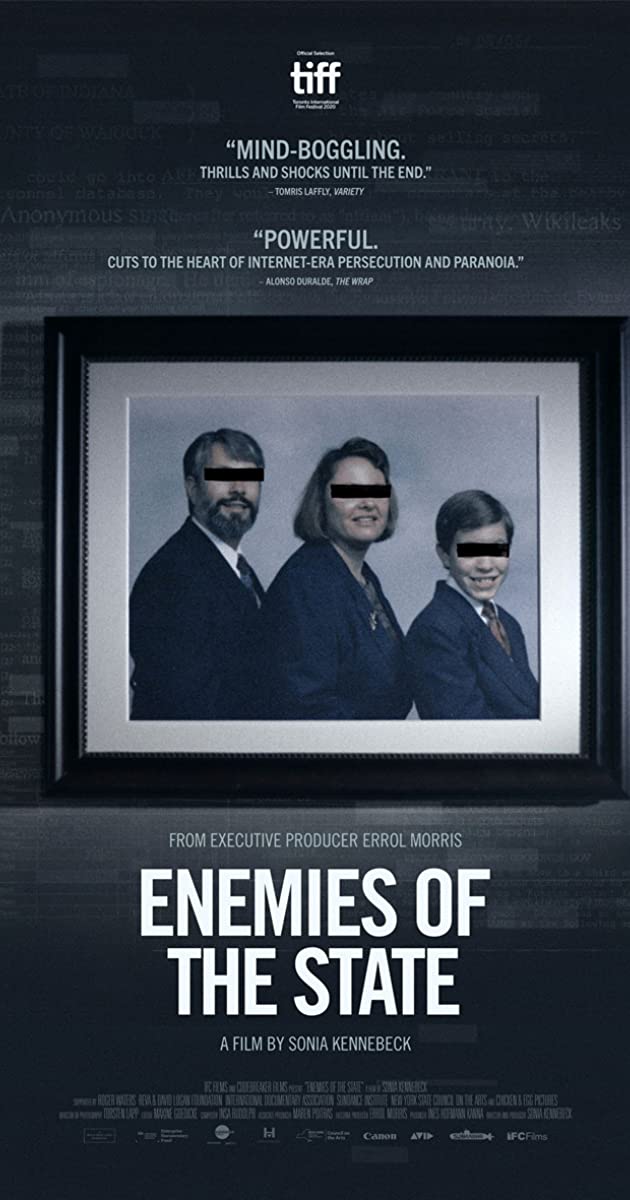
From the outside, the DeHart’s were an All-American family. Parents Paul and Leann were U.S. Military members, and son Matt was obsessed with computers from an early age. As a military family, they moved around during Matt’s adolescence, and Matt really grew up online. When Matt’s work with the hacker collective Anonymous rouses the suspicions of the U.S. government, the family is drawn into a bizarre web of secrets and espionage.

Environmentally friendly electric cars, sustainably produced food products, fair production processes: Hurray! If everything the corporations tell us is true, we can save the world through our purchasing decisions alone! A popular and dangerous lie. In his new documentary film, Werner Boote shows us, together with environmental expert Kathrin Hartmann, how we can protect ourselves. Down with green lies!
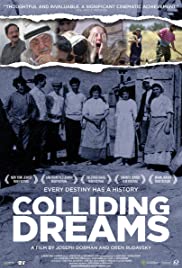
We live at a moment in time when the Israeli-Palestinian conflict, now more than a century old, continues to be of overwhelming international political and societal importance. From its inception, that conflict has also, of course, had powerful and deeply troubling consequences for Israelis and Palestinians themselves. The story at its most basic level is one that involves two peoples struggling for national recognition and expression in a small but richly significant piece of land. The tragedy of this history, as both the Israeli novelist, Amos Oz, and the Palestinian scholar, Sari Nusseibeh, have each pointed out, stems from a conflict between the rights of two peoples with equal and legitimate aspirations to nationhood and self-expression in a single small territory to which they can both lay claim.

In CINEVANGELIST: A LIFE IN REVIVAL FILM, film historian and artist George Figgs tells the story of his life’s work in bringing revival cinema to Baltimore and beyond. From his role in Baltimore’s underground film scene of the 1960s and his involvement with the Orson Welles Cinema in Cambridge during the early ’70s, to helping manage Baltimore’s celebrated Charles Theatre in the ’80s, owning and operating the Orpheum Cinema during the ’90s, and continuing with the “third wave” of revival cinema today, Figgs has made it his mission to bring alternative films to the audiences who want to see them, in the way they were meant to be seen.